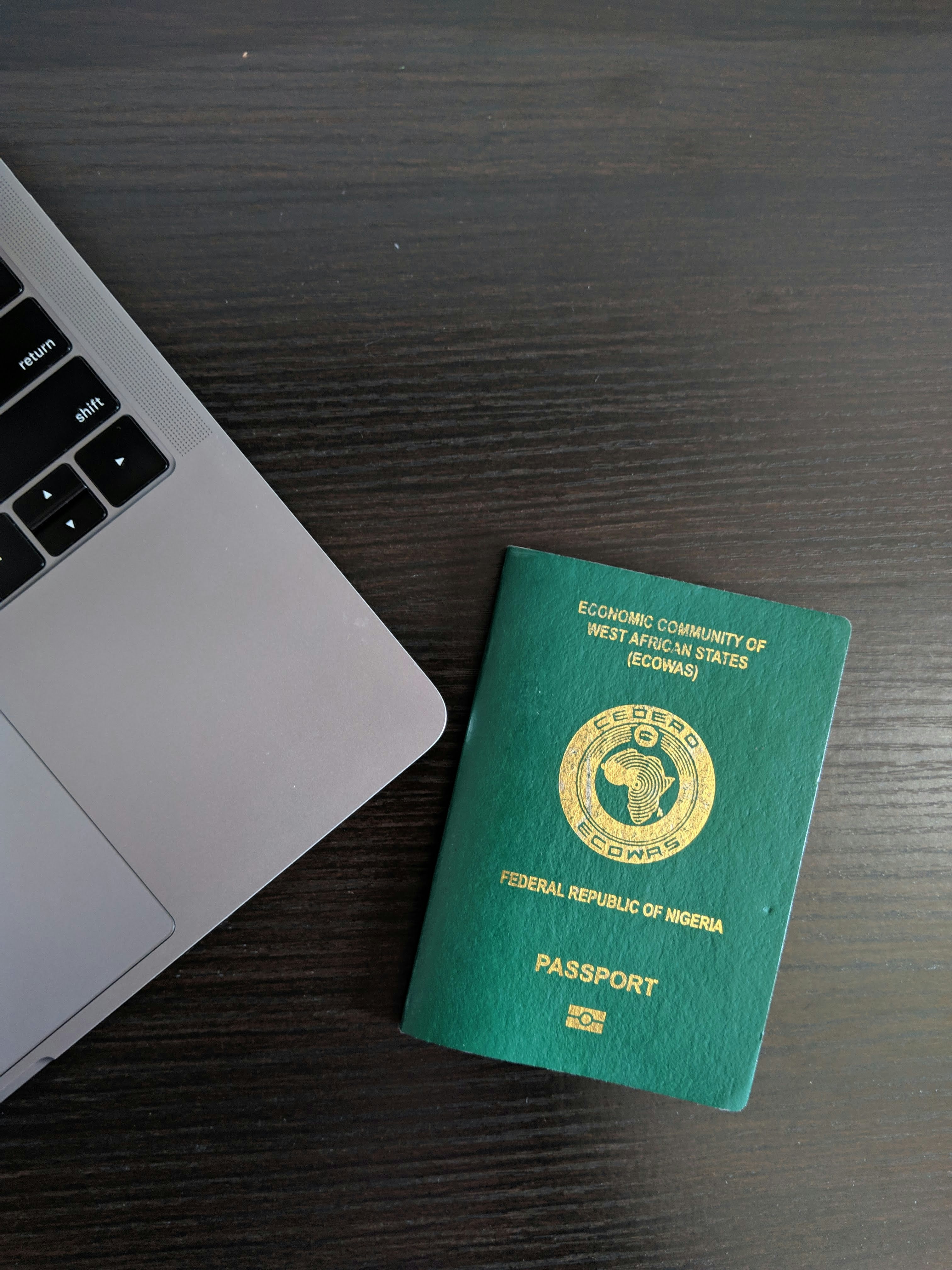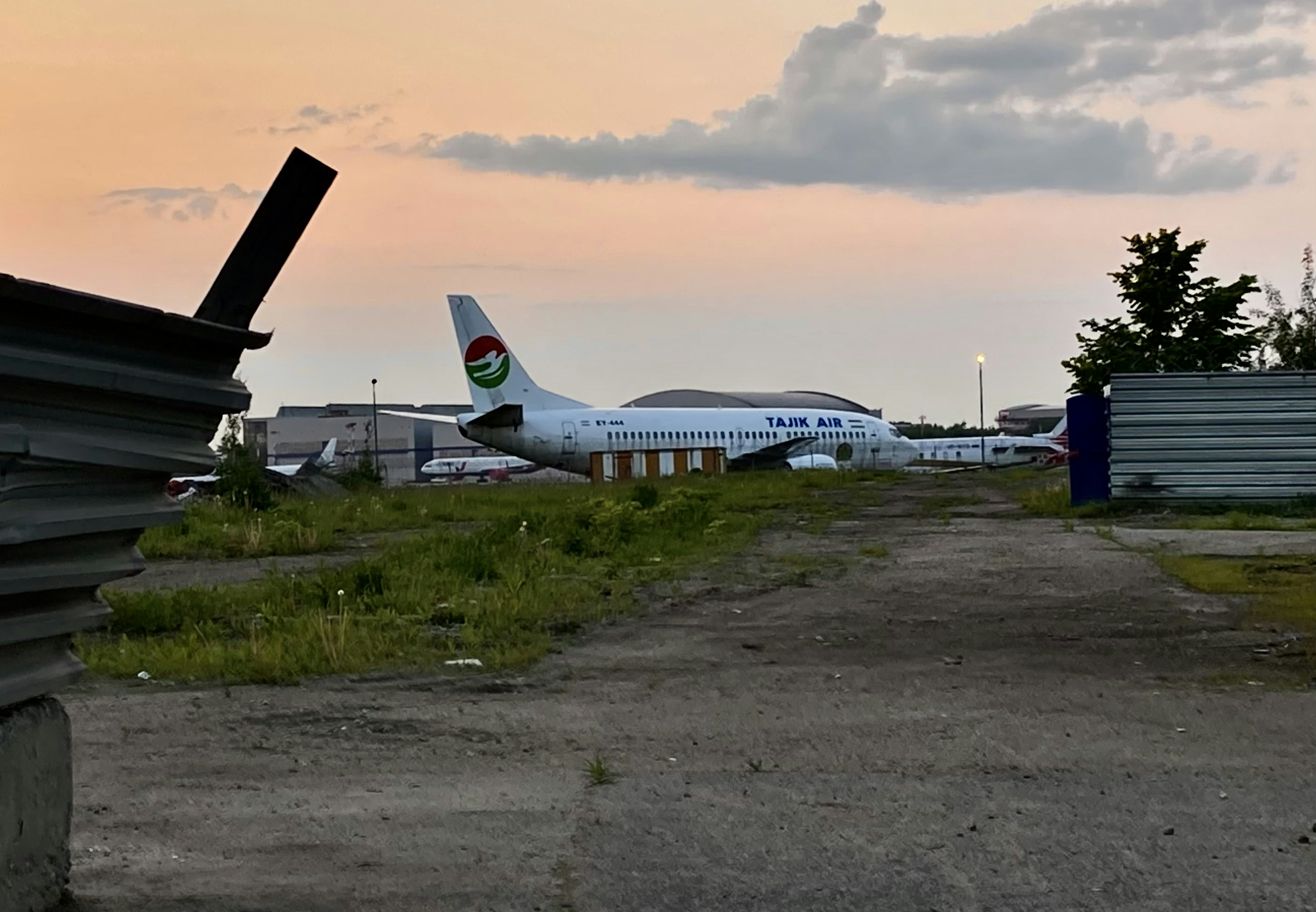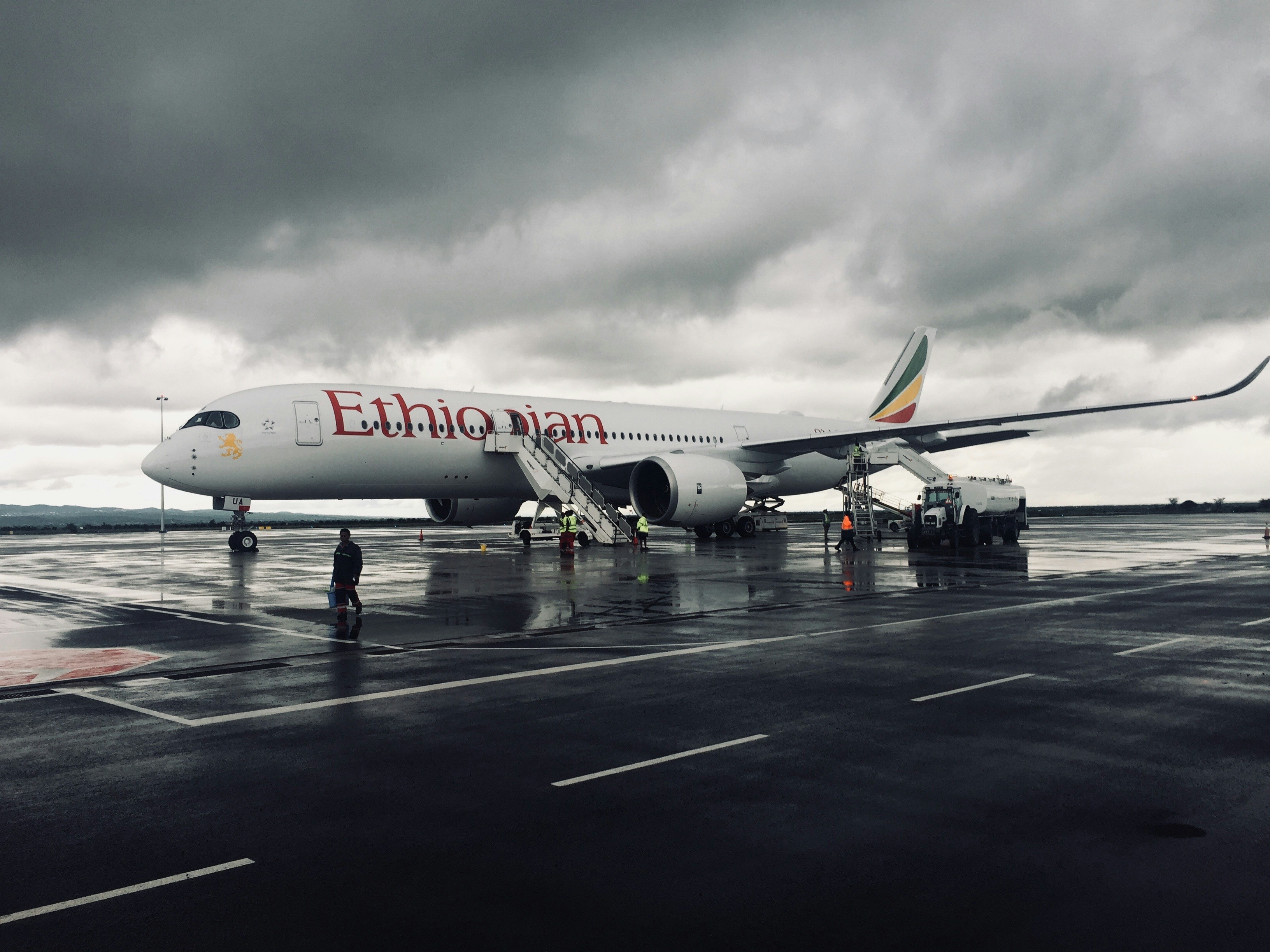Latest posts
-
A Comprehensive Guide to Togo eVisa: Everything You Need to Know
Introduction to Togo eVisa The Togo eVisa represents a significant advancement in the visa application process for travelers seeking to explore the vibrant culture and natural beauty of Togo. Designed to simplify entry for foreign visitors, this electronic visa system allows applicants to complete the entire visa application process online, eliminating the need for lengthy…
-
Lesotho e-Visa: Ts’ebetso, Melemo le Senotlolo sa ho Etela Lesotho
Introduction to Lesotho e-Visa The Lesotho e-Visa represents an innovative approach to facilitate travel to this picturesque nation nestled within South Africa. Designed to replace traditional paper visas, the e-Visa streamlines the application process, offering convenience to both tourists and business travelers. With the increasing demand for efficient travel solutions, Lesotho has adopted this digital…
-
Your Complete Guide to Senegal eVisa: Everything You Need to Know
Introduction to Senegal eVisa The eVisa system has revolutionized the way travelers enter Senegal, providing a modernized approach to visa acquisition. An eVisa is an electronic visa that allows individuals to apply for and receive their travel authorization online, eliminating the need for in-person appointments at embassies or consulates. This digital method streamlines the visa…
-
Understanding Tajikistan eVisa: A Comprehensive Guide
What is an eVisa for Tajikistan? An eVisa for Tajikistan represents a significant advancement in the visa application process, serving as a digital alternative to conventional visa applications. An eVisa is an electronic travel authorization granted by the government of Tajikistan, allowing foreign nationals to enter and stay in the country for a specified duration.…
-
Gid pou E-Viza Ayiti: Kòman Pou Aplike ak Obten Energi Sou Vwayaj ou
Sa ki E-Viza? E-Viza, oswa Viza Elektwonik, se yon dokiman vwayaj ofisyèl ki pèmèt yon moun antre nan yon peyi pou yon peryòd tan limite avèk objektif spesifik, tout sa fèt atravè yon pwosesis sou entènèt. Sistèm sa a te fèt pou fasilite vwayaj entènasyonal yo, depi li redwi bezwen tradisyonèl pou ranpli dokiman papye…
-
Your Comprehensive Guide to Malaysia eVisa: Simplifying Your Travel Experience
Introduction to Malaysia eVisa The Malaysia eVisa represents a significant progression in the realm of travel documentation, allowing foreign visitors to obtain their visa swiftly and conveniently through online means. Designed to streamline the entry process into Malaysia, the eVisa serves as an endorsement for travelers from various countries who wish to explore the rich…
-
A Comprehensive Guide to Ethiopia eVisa: Everything You Need to Know
Introduction to Ethiopia eVisa The Ethiopia eVisa is an electronic visa system designed to simplify the travel itinerary for international visitors wishing to enter Ethiopia. This modern approach has streamlined the visa application process, making it more accessible and efficient for travelers. The traditional method of obtaining a visa, which often requires lengthy paperwork and…
-
Understanding the Malawi eVisa: A Comprehensive Guide
Introduction to Malawi eVisa The Malawi eVisa is a digital travel authorization designed to facilitate the entry of international travelers into Malawi. Launched to streamline the visa application process, this system allows applicants to obtain their travel permits online, reducing the need for traditional in-person visits to embassies or consulates. The primary purpose of the…
-
Your Comprehensive Guide to Benin eVisa: Application Process, Requirements, and Tips
Introduction to Benin eVisa The Benin eVisa is an electronic visa that allows travelers to enter the Republic of Benin for specific purposes, including tourism, business, and transit. As part of the nation’s effort to simplify travel procedures and boost tourism, the eVisa system provides a streamlined method for obtaining the necessary authorization to visit…
-
Your Ultimate Guide to Djibouti eVisa: Everything You Need to Know
Introduction to Djibouti eVisa The Djibouti eVisa is an electronic visa system that simplifies the process of obtaining a travel authorization for visiting Djibouti. This system is designed to offer travelers an efficient and user-friendly method of applying for a visa, minimizing the complexities often associated with traditional visa applications. The introduction of the eVisa…



